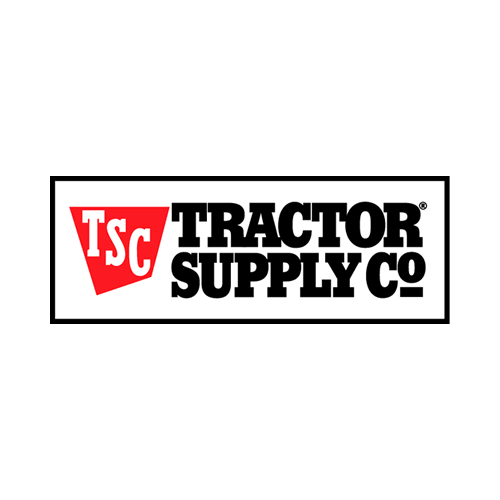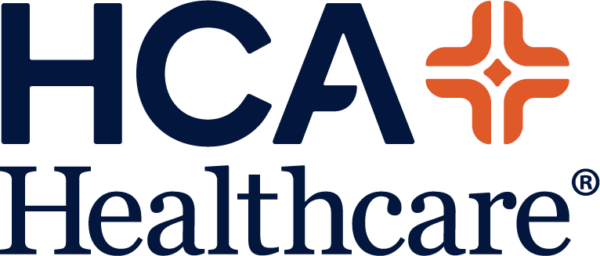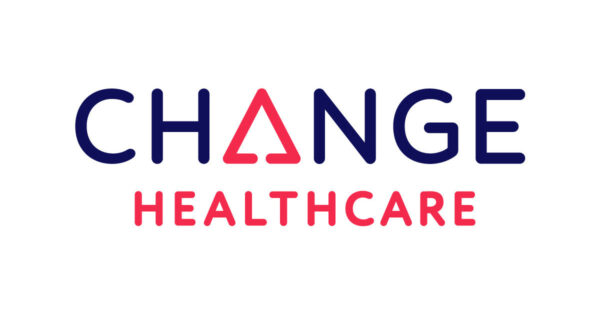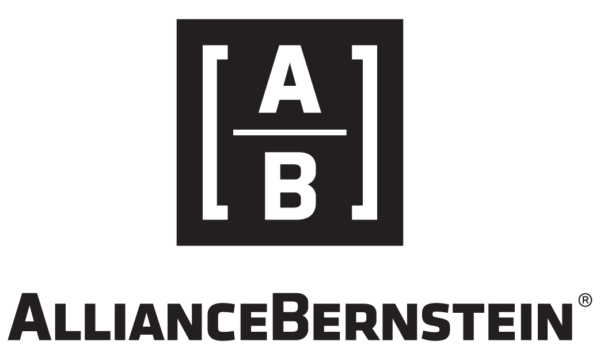When New York-founded startup Thnks started outgrowing its first office in Midtown Manhattan, Brendan Kamm and Larry Rubin sat down to discuss the next move.
“We both said we should go south because that would be cheaper. At the time, “south” meant 14th Street Manhattan,” Kamm told Hypepotamus.
But as the two started really thinking about the culture and the reason behind the compliance and finance software startup, New York didn’t feel like the exact right fit for the scaling team.
And so the team looked even further south…and ended up in Nashville’s growing tech scene.
Southern Hospitality played a role in the decision, said Kamm. “We’re a company based around thoughtfulness and gratitude and hospitality, and New York isn’t the first place that comes to mind for those things. We have this product, but there’s a bigger business concept around infusing gratitude in the workplace, both internally and externally.”
Thnks is a software that takes care of the compliance, finance, and operations around gratitude and saying ‘thank you.’ This is important in order to make sure teams are keeping up with industry regulations around gift-giving while also ensuring that teams aren’t overspending on relationship-building initiatives — be it coffee for a prospective client or an appreciation dinner for a current customer.
“Everyone wants to be grateful and thoughtful when building a relationship, but it’s harder and harder in an email-driven, transactional world,” he added.
Kamm said Nashville and Charleston were the top two contenders for the new HQ, but Music City’s energy and tech momentum ultimately won out.
Kamm wasn’t alone in his decision to move. In fact, the city saw 3,906 tech professionals move into the city in 2020, according to the Greater Nashville Technology Council.
The local tech startup scene has grown alongside giants like Amazon, Facebook and Oracle, which have each opened major operational centers in the metro area. Earlier this year Oracle announced plans to open a 65-acre campus on the Nashville riverfront.
Other household names like Eventbrite, Lyft, Houzz, and Postmates have also announced plans to relocate or expand into the city.
The city is looking to accelerate that talent pool through initiatives like the Greater Nashville Technology Council‘s TechIntoNashville. The city is specifically looking to attract top tech employees and founders from San Francisco, Los Angeles, Chicago, New York, Boston, and Washington, D.C.
One of those Bay Area founders is David Zilberman, one of an estimated 80,000 people who left the Bay Area recently.
His startup, GraphiteRX, is now a Nashville-based B2B marketplace connecting pharmacies with manufacturers, secondary suppliers, and specialty distributors. For Zilberman, a tech-focused approach to the pharmaceutical industry is key to “reducing the cost of pharmaceutical distribution and improving access…and that can essentially reduce the cost of drugs and medications in the US.”
Zilberman told Hypepotamus that Nashville’s healthcare ecosystem — along with the city’s energy, creativity, and diversity — made it the right move over places like Texas and Colorado. “Once we had raised capital and things got serious, we had to assess what would be the best location for us. The Bay Area is great for deep tech…but we needed to be closer to the healthcare market,” he added. “The energy here is super high, and it feels a little bit like what Austin was 10 years ago.”
Both Thnks and GraphiteRX relocated existing team members to the Nashville area, but have also benefited from the city’s growing tech talent pool and an increasing number of applicants who are specifically looking to move away from coastal cities. Both teams took venture funding prior to moving to the Southeast, but are focused on growing out of Nashville now.
Initiatives like TechIntoNashville will be key if the city is going to retain enough talent for Fortune 500 companies and startups alike. But the city seems poised for growth and ready to attract employees and founders as the great “Tech Exodus” continues from coastal hubs.
Read Full Article Now









